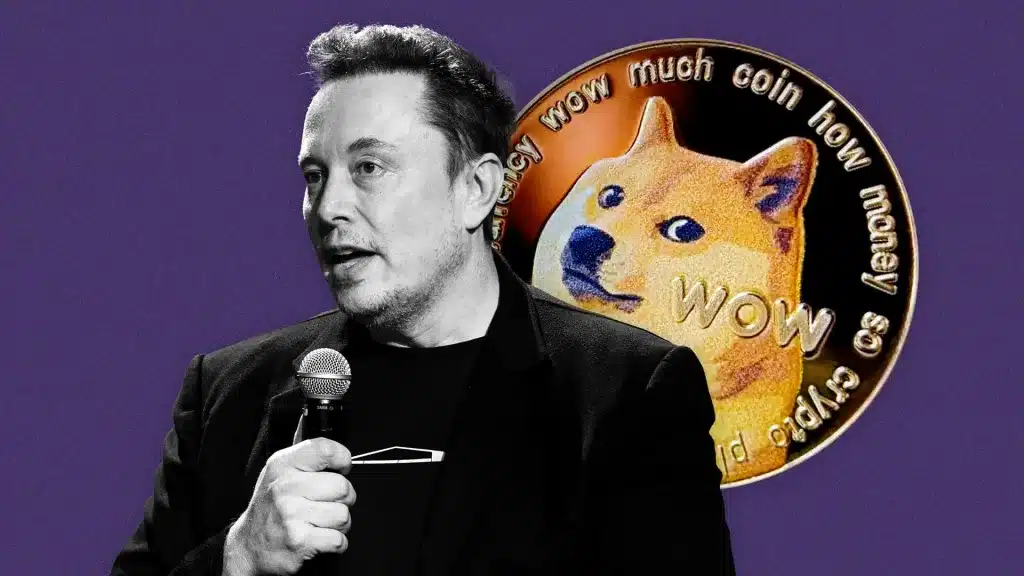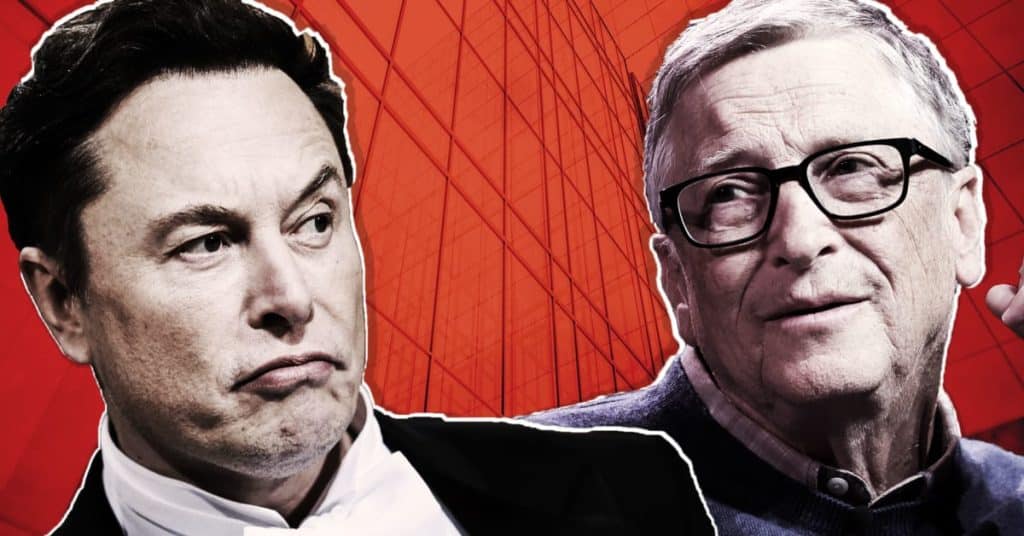Bill Gates:In the world of cryptocurrency, few names create as much noise as Elon Musk and Dogecoin. From memes to market spikes, DOGE has turned from an internet joke into a global phenomenon — largely thanks to Musk’s enthusiastic tweets. However, not everyone is impressed. Recently, Microsoft co-founder Bill Gates expressed serious concerns over Musk’s promotion of Dogecoin, calling it irresponsible and potentially harmful.
Bill Gates vs. Musk: A Clash of Tech Philosophies
Bill Gates has long been skeptical of cryptocurrencies, especially those without real-world utility. In a recent interview, he questioned the logic behind pouring money into what began as a meme. According to Gates, Musk’s massive influence could lead everyday people — particularly younger, less experienced investors — to make risky financial decisions based on hype rather than substance.
He warned that “just because someone is rich and famous doesn’t mean their financial advice should be followed blindly.”
Elon Musk’s Influence on DOGE
Elon Musk’s tweets have had a documented impact on Dogecoin’s price. One word from the Tesla CEO can send DOGE soaring — or crashing. While Musk has referred to Dogecoin as “the people’s crypto” and made jokes about being the “Dogefather,” critics argue that these actions create false hope and unrealistic expectations among his followers.
For many, DOGE became their first crypto investment — often driven by FOMO (fear of missing out), not strategy.

The Youth Factor: Hype Over Education
Gates emphasized that the younger generation is particularly vulnerable to the crypto craze. With TikTok influencers promoting coins and Reddit threads hyping up meme tokens, many teenagers and young adults dive into the market with little understanding of its volatility. Gates believes that when someone like Musk fuels that fire, it can lead to serious financial consequences.
Is Dogecoin Just a Joke, or Something More?
While DOGE was created as a parody, its market cap once surpassed billions of dollars. It’s accepted by some merchants and has a loyal community. But does that give it real value? Gates remains unconvinced. He argues that without long-term sustainability or practical use, Dogecoin’s popularity is based more on speculation than sound economics.
Conclusion: Responsibility in the Digital Age
This controversy isn’t just about one coin — it’s about influence, responsibility, and the blurred lines between entertainment and investment. As crypto continues to evolve, the role of celebrity endorsements, social media, and digital hype must be scrutinized.
Whether you side with Gates or Musk, one thing is clear: the need for education, caution, and ethical influence in the crypto space has never been greater.



